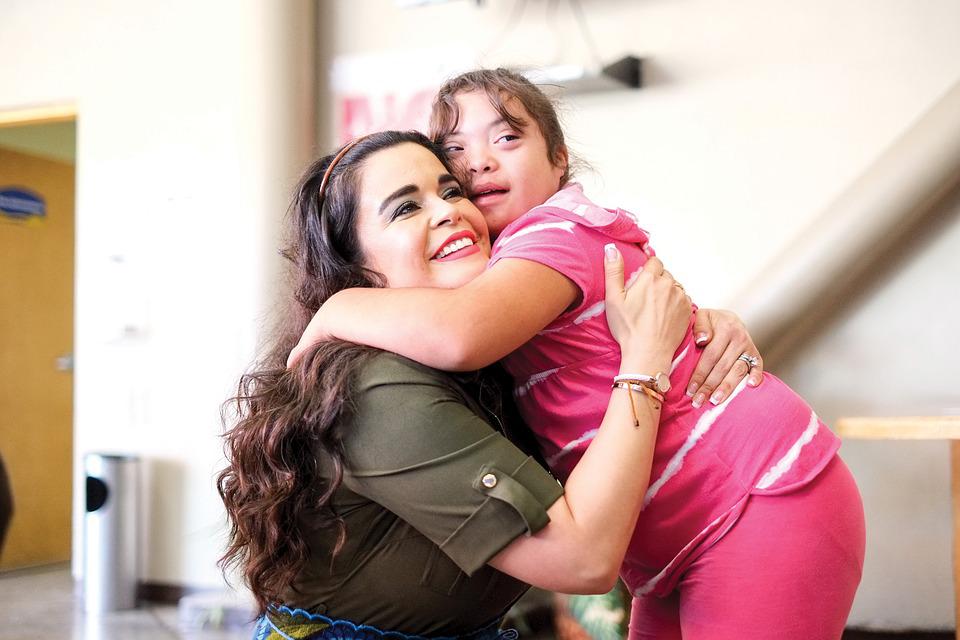Autism spectrum disorder (ASD) is a developmental disorder that can cause significant social, communication, and behavioral challenges. According to the Centers for Disease Control and Prevention (CDC), about 1 in 68 children in the United States have been identified with ASD. Most children are diagnosed before they reach school age, but there is a growing concern that many teens with autism are going undiagnosed.
There are several reasons it is important to identify autism in teens through Autism in Teens Test. First, early diagnosis allows for early intervention, which is beneficial for people with autism. In addition, teens with autism may face unique challenges that need to be addressed. For example, they may be struggling with issues such as depression, anxiety, or self-injury.
Autism in Teens: The Signs and Symptoms
Teens with autism may have difficulty understanding social cues and expressing themselves verbally. They may also have trouble relating to their peers and may be overly shy or withdrawn. Autistic teens may be preoccupied with a certain topic or hobby and have difficulty switching gears when the conversation turns to another topic. They may also have problems with fine motor skills and coordination.
What Tests Help Diagnose Autism in Teenagers?
There is no definitive autism test for teenagers, but a variety of tests can help doctors or specialists to make a diagnosis. There are many signs and symptoms of autism, so the diagnosis process can be complex. The most common tests used to diagnose autism in teenagers include:
A psychiatric evaluation is often the first step in diagnosing autism. This evaluation will assess a teenager’s symptoms and look for any red flags that could point to autism. The doctor or specialist may also use screening tools such as the Autism Spectrum Quotient (AQ) or the Social Responsiveness Scale (SRS).
If there are concerns about autism, the next step is usually a comprehensive medical evaluation. This will likely include a physical exam, blood tests, and genetic testing.
Autism in Teens: How to Cope
For parents of Autism in Teens Test, it can be difficult to know how to best support them. Here are a few tips:
- Be patient and understanding. Teens with autism may not always process information or respond to others in the same way as other people their age. Try not to get frustrated if they don’t understand you or take longer to complete tasks.
- Help them develop social skills. Many teens with autism struggle with social interaction, so it’s important to help them learn the basics.








